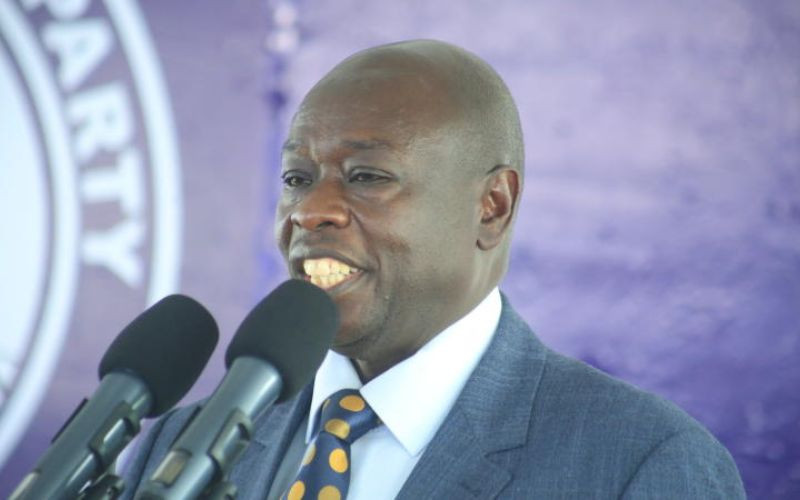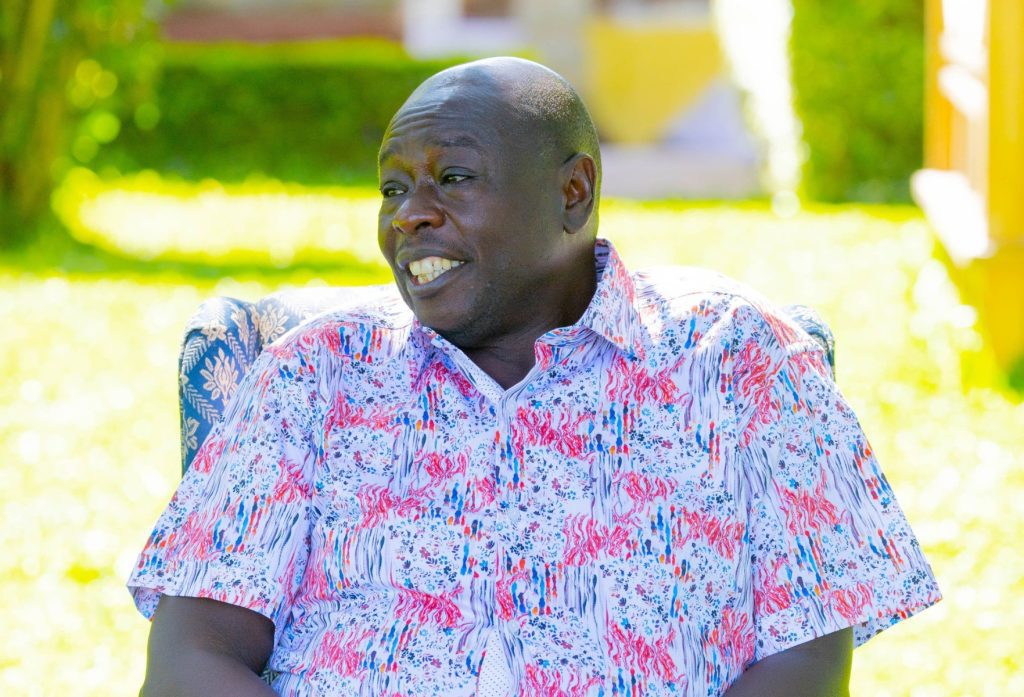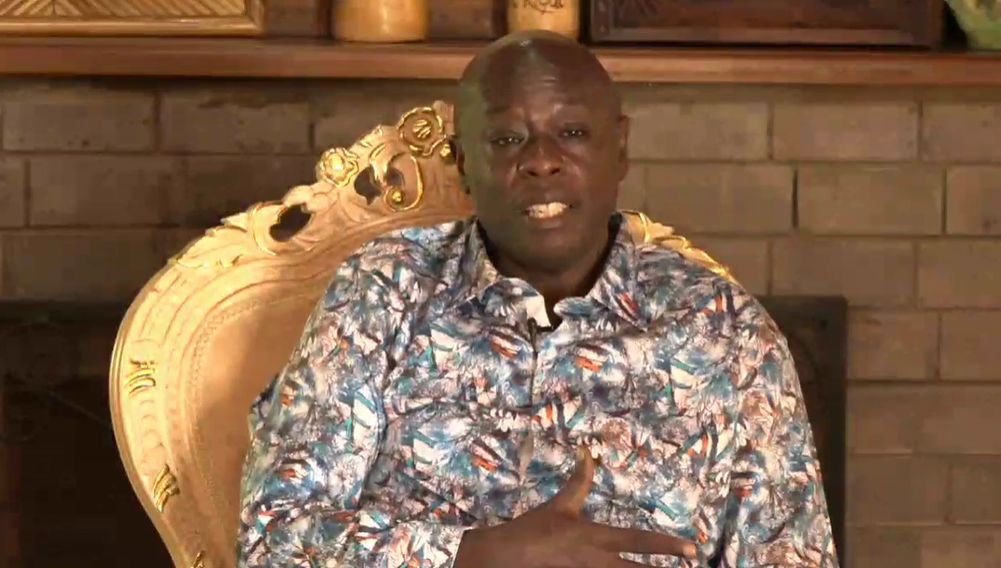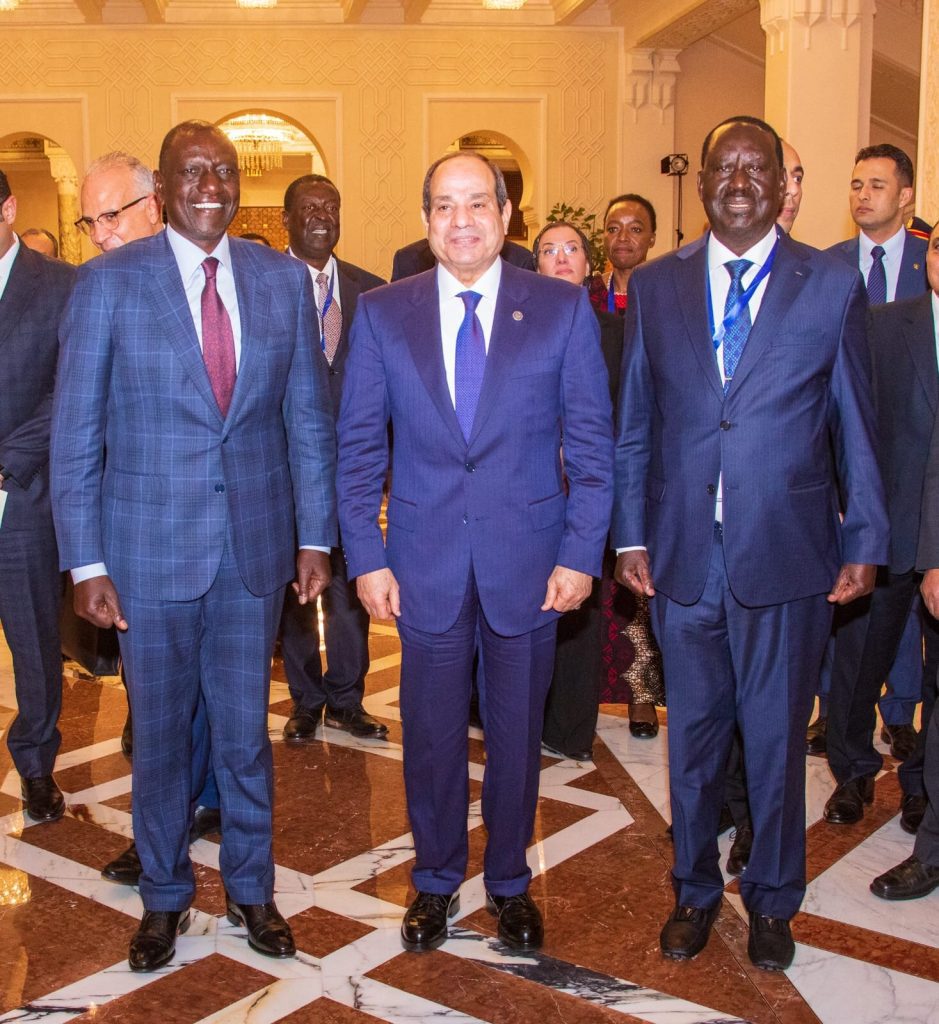 Mumias East MP Peter Salasya has strongly criticized the government’s labour export program, branding it a national shame that has led to untold suffering, broken homes, and shattered dreams.
Mumias East MP Peter Salasya has strongly criticized the government’s labour export program, branding it a national shame that has led to untold suffering, broken homes, and shattered dreams.
Speaking on Monday, February 3, Salasya raised concerns over the struggles Kenyan migrant workers face in the diaspora, especially in Gulf countries. He argued that exporting labour as a solution to unemployment has inflicted more harm than good, leaving many workers in worse conditions than before.
“My fellow Kenyans, we cannot continue exporting our youth and mothers like commodities. Labour export has failed to uplift lives; instead, it has fueled broken homes, shattered dreams, and immense suffering,” Salasya stated.
He challenged the government to evaluate the real impact of the program. “Look at the statistics—how many Kenyans working in the Gulf have come back and built something? How many have started businesses or transformed their lives? Almost none. They leave with hope and return with nothing but pain. This is not a success story; it’s a national shame,” he declared.
Salasya highlighted the grim reality many Kenyan migrant workers face. He pointed out that most endure difficult conditions only to return home to even greater despair and end in a cycle of misery.
“Our young men and women go to the Gulf, sacrifice everything for their families, and endure harsh conditions. But after three years, what do they come back to? Many return to find broken homes, abandoned by spouses, and are forced to leave again. The cycle of misery continues,” he lamented.
Criticizing the government’s failure to create jobs locally, Salasya described the reliance on labour export as a leadership failure. He urged the government to shift focus toward building industries, boosting manufacturing, and embracing digital transformation.
“A government that exports its workforce instead of creating jobs is a failed government! Why should Kenyans be second-class citizens in foreign lands when they can thrive in their own country?” he asked.
“Instead of sending our people to toil abroad, we must invest in industries and technology. Kenya has the brains, the talent, and the potential—we just need the right leadership to harness it,” he concluded.










